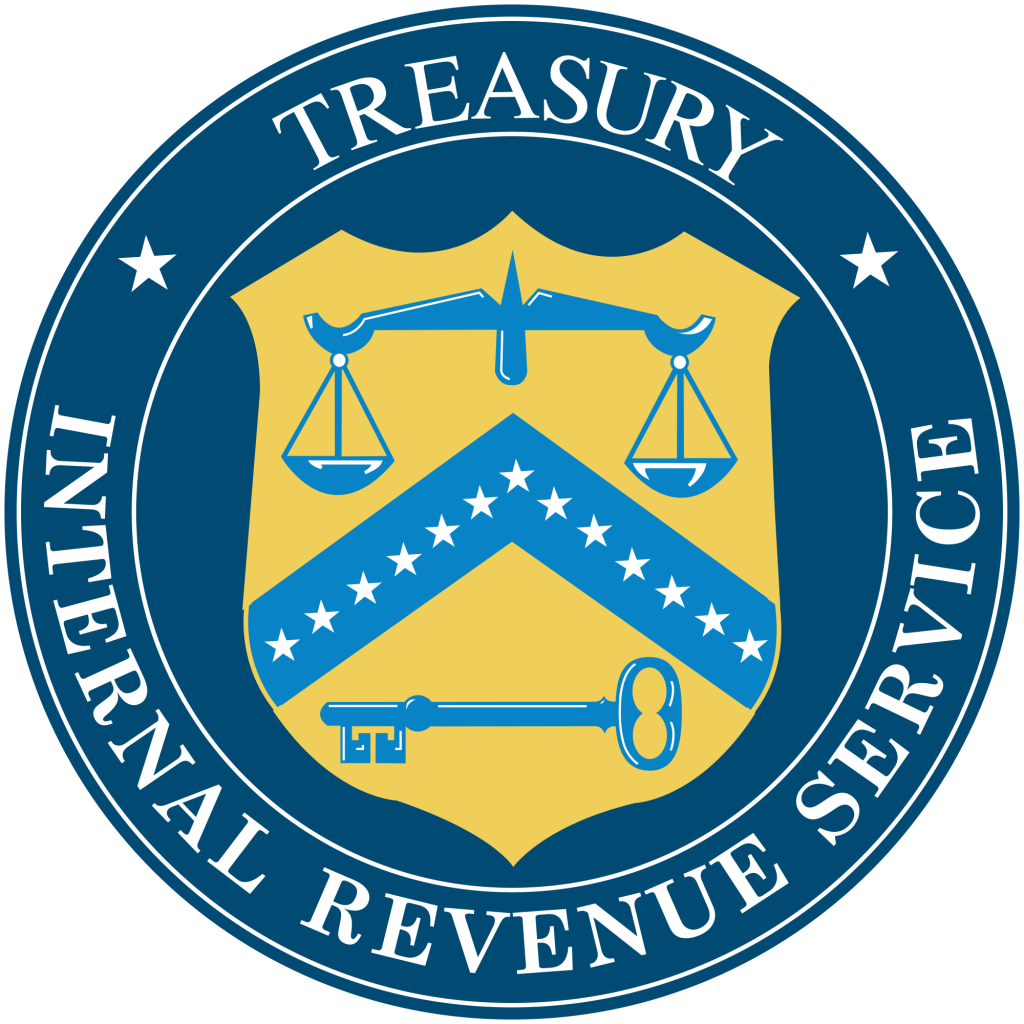Government overreach for less than $10
Congress right now is considering a bill to continue certain international trade programs. But as often happens with legislation, smaller provisions are added to ensure more votes. The Trade Preferences Extension Act of 2015 is no exception.
On the surface, the measure seems rather undistinctive, dealing with rules about negotiating international trade deals. But tucked way down at the bottom of the bill are two additions that will burden banks and American taxpayers alike come tax time.
The first is a provision that calls for banks (including credit unions and other brokers) to report all accounts to the Internal Revenue Service, whether they earn interest or not. This is a change from current law which does not require reporting on accounts that don’t earn interest, and on those accounts that do earn interest, the threshold was $10.
That means any account earning any interest, even if it is less than $10, must be reported to the IRS.
The new change would go into effect for this 2015 tax year and would raise $90 million over 10 years, according to congressional records.
But that revenue would be a drop in the bucket compared to how much it would cost financial institutions to process the millions of additional tax forms. The Securities Industry and Financial Markets Association (SIFMA) said in a letter to Congressional leaders that its members manage more than 70 million accounts that pay out less than $10 interest per year:
“If we assume it costs financial intermediaries $1 per return to process and mail each form (it may be higher), then the cost to our members to process more than 70 million additional tax forms would be more than $700 million over 10 years.”
That’s right. It would cost SIFMA members $700 million over ten years, in order for the federal government to make $90 million over that same ten years.
The American Bankers Association, Credit Union National Association and other financial trade groups called on Washington to remove the provision, calling it an “unnecessary nuisance for nearly every American:
“Should this provision be enacted, taxpayers will be awash in new 1099s reporting de minimis amounts of interest. In many cases, they will report less than a one dollar in earned interest per year. Additionally, this new reporting requirement will impose substantial costs on the financial services industry that far exceed the revenue that will be gained by the proposal.”
The group also told Congress that if enacted in the current form, the law would cause paperwork reflecting no interest at all, throwing off unaware taxpayers, paving the way for IRS error and unnecessary audits.
also told Congress that if enacted in the current form, the law would cause paperwork reflecting no interest at all, throwing off unaware taxpayers, paving the way for IRS error and unnecessary audits.
The other provision in the bill that would impact millions of Americans requires taxpayers to report to the IRS any money sitting in the bank:
“Every person who holds a reportable deposit during any calendar year shall make a return according to the forms or regulations prescribed by the Secretary, setting forth the name and address of the person for whom such deposit was held.”
Those “reportable deposits” include any deposit with “a person carrying on a banking business, a mutual savings bank, a savings and loan association, a building and loan association, a cooperative bank, a homestead association, a credit union, an industrial loan association or bank, or any similar organization, a broker, or any other person provided in regulations prescribed by the Secretary.”
Job Creators Network concurs with the sentiments expressed by the aforementioned banking groups. These two provisions alone would be not only a nuisance but generate a pittance of government revenue at an exponentially greater cost of time and money to the American economy and to American families.



